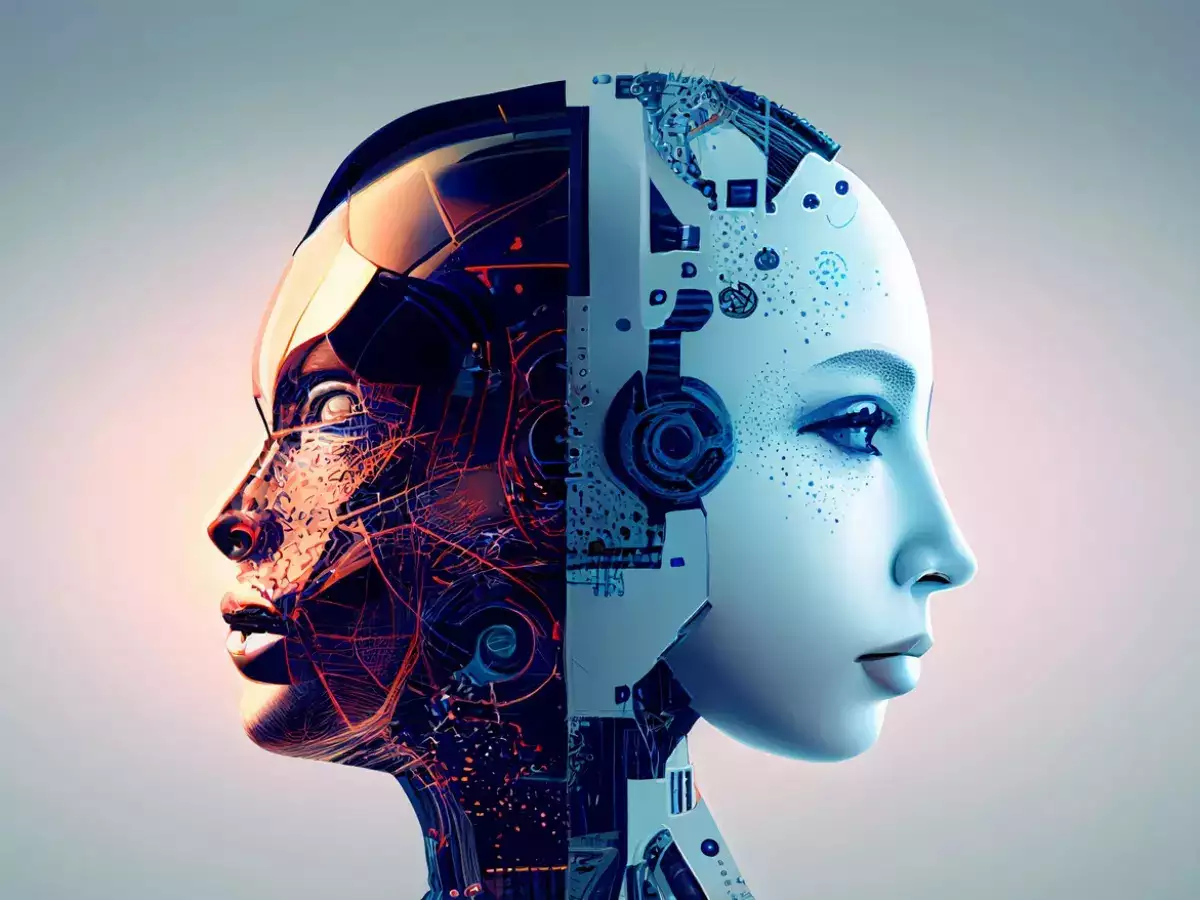Introduction
Artificial intelligence (AI) has emerged as one of the most transformative and groundbreaking technologies of our time. It has the potential to revolutionize industries, enhance human capabilities, and shape the future in profound ways. In this article, we will explore the concept of artificial intelligence, its different forms, applications, and the impact it is already making in various domains.
Defining Artificial Intelligence
Artificial intelligence refers to the development of computer systems that can perform tasks requiring human-like intelligence. These systems are designed to perceive, reason, learn, and make decisions based on data inputs and experiences. AI aims to replicate cognitive abilities such as problem-solving, pattern recognition, decision-making, and natural language understanding.
Types of Artificial Intelligence
Narrow AI: Narrow AI, or weak AI, focuses on specific tasks and operates within a limited domain. It excels at performing well-defined functions but lacks the ability to generalize its knowledge beyond its specific task. Examples of narrow AI include voice assistants, image recognition systems, and recommendation algorithms.
- General AI: General AI, or strong AI, represents highly autonomous systems that can outperform humans in most economically valuable work. General AI possesses the ability to understand, learn, and apply knowledge across various domains. However, achieving true general AI remains an ongoing challenge.
Applications of Artificial Intelligence
Healthcare: AI is transforming healthcare through applications such as disease diagnosis, personalized medicine, drug discovery, and robotic surgery. Machine learning algorithms can analyze vast amounts of medical data to detect patterns, predict disease outcomes, and assist in treatment decisions.
Finance: In the financial industry, AI algorithms are used for fraud detection, algorithmic trading, credit scoring, and risk assessment. These systems can analyze market data, identify trends, and make real-time decisions, leading to improved efficiency and accuracy.
Transportation: AI is revolutionizing transportation with the development of autonomous vehicles. Self-driving cars equipped with AI algorithms can perceive the environment, make decisions, and navigate safely, potentially reducing accidents and congestion.
Manufacturing: AI technologies such as robotics and computer vision are enhancing manufacturing processes. Robots equipped with AI can perform complex tasks with precision, while computer vision systems can inspect product quality, detect defects, and optimize production efficiency.
Customer Service: Chatbots and virtual assistants powered by AI are transforming customer service interactions. These systems can understand natural language, respond to inquiries, and provide personalized assistance, improving customer satisfaction and efficiency.
Ethical Considerations and Challenges
As AI continues to advance, it raises important ethical considerations. Issues such as privacy, data security, bias in AI algorithms, and the impact on employment need to be addressed. Ensuring transparency, fairness, and accountability in AI systems is crucial to mitigate potential risks and ensure that AI benefits society as a whole
Conclusion
Artificial intelligence is an exciting and rapidly evolving field that holds immense potential to revolutionize numerous industries and improve our lives. From healthcare and finance to transportation and manufacturing, AI is transforming the way we work, communicate, and interact with technology. By understanding the possibilities and challenges of AI, we can harness its power responsibly and shape a future where humans and machines collaborate for the benefit of all.





